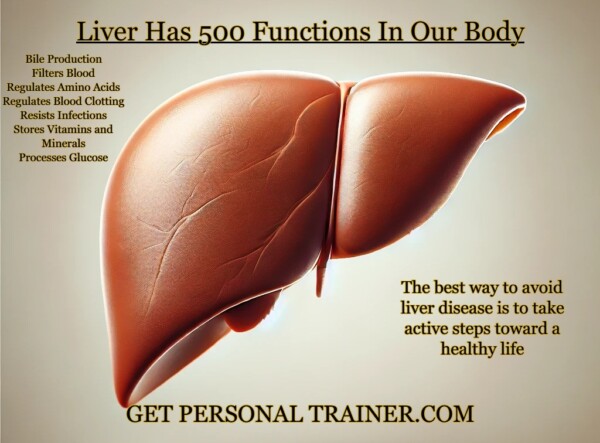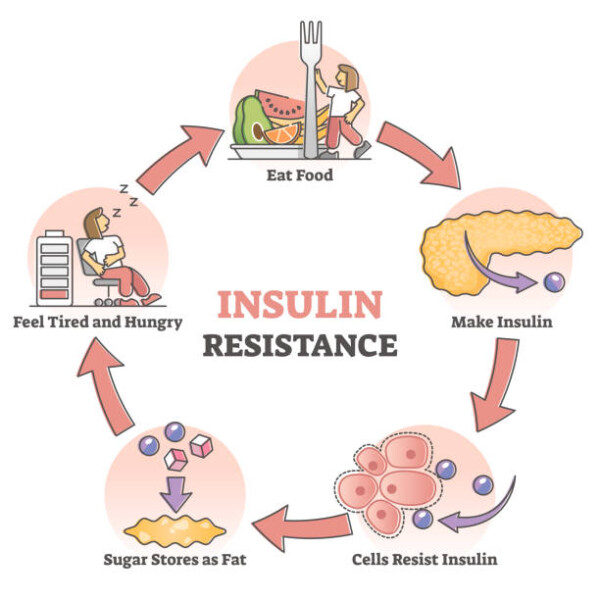
Why Weight Gain Happens After 40 There Could Be many Reasons But i have selected Most Important to look after.
on top of in my list is Hormonal changes, As we aged it is very important to check your Hormonal level regularly why the are changings there could be many reason
Menopause for women decreased estrogen levels can lead to fat redistribution more abdominal fat and slower metabolism. Testosterone Decline for men lower testosterone reduces muscle mass, which decreases calorie burning.
Loss of Muscle Mass:
After 30, muscle mass declines by about 3 to 8% per decade if untrained. Less muscle means a slower metabolic rate, leading to fewer calories burned at rest. one of the reason can be Metabolism Slows Down, The basal metabolic rate (BMR) naturally decreases with age, meaning fewer calories are needed to maintain weight.
Lifestyle Factors
- Less Activity: Many people become less physically active as they age due to busy schedules or health conditions.
- Dietary Changes: Increased reliance on processed foods, dining out, or emotional eating may contribute to weight gain.
Stress and Sleep Issues:
- Chronic stress raises cortisol levels, which can increase appetite and lead to fat storage, especially in the abdomen.
- Poor sleep quality is linked to weight gain due to hormonal imbalances (e.g., ghrelin and leptin) that affect hunger.
Insulin Resistance:
- Aging may lead to reduced insulin sensitivity, making it easier to store fat and harder to lose it.
How to Manage Weight Gain After 40
Strength Training:
- Build and maintain muscle mass to boost metabolism. Incorporate resistance exercises like weightlifting, resistance bands, or bodyweight exercises 2–3 times per week.
Stay Physically Active:
- Aim for at least 150–300 minutes of moderate-intensity aerobic exercise (e.g., walking, swimming, cycling) per week.
Prioritize Nutrition:
- Eat More Protein: Supports muscle maintenance and keeps you full longer.
- Reduce Processed Foods: Focus on whole, nutrient-dense foods like fruits, vegetables, lean proteins, and healthy fats.
- Watch Portion Sizes: As calorie needs decrease, mindful eating becomes crucial.
Manage Stress:
Practice mindfulness, meditation, or yoga to reduce stress and cortisol levels.
Get Quality Sleep:
- Aim for 7–9 hours of sleep per night to regulate hunger hormones and energy levels.
Hydration:
- Staying hydrated can prevent overeating, as thirst is often mistaken for hunger.
Monitor Hormonal Health:
- Consult a healthcare provider to address hormonal imbalances or underlying conditions like thyroid issues that can contribute to weight gain.
Be Consistent:
- Long-term habits matter more than quick fixes. Focus on sustainable changes rather than crash diets.
When to Seek Help
If weight gain is significant, unexplained, or affecting your health, consult a healthcare provider to rule out underlying conditions like hypothyroidism or metabolic disorders. A nutritionist or personal trainer can also provide tailored advice.
By addressing these factors and maintaining healthy habits, you can manage your weight effectively and enjoy better health well beyond your 40s.



